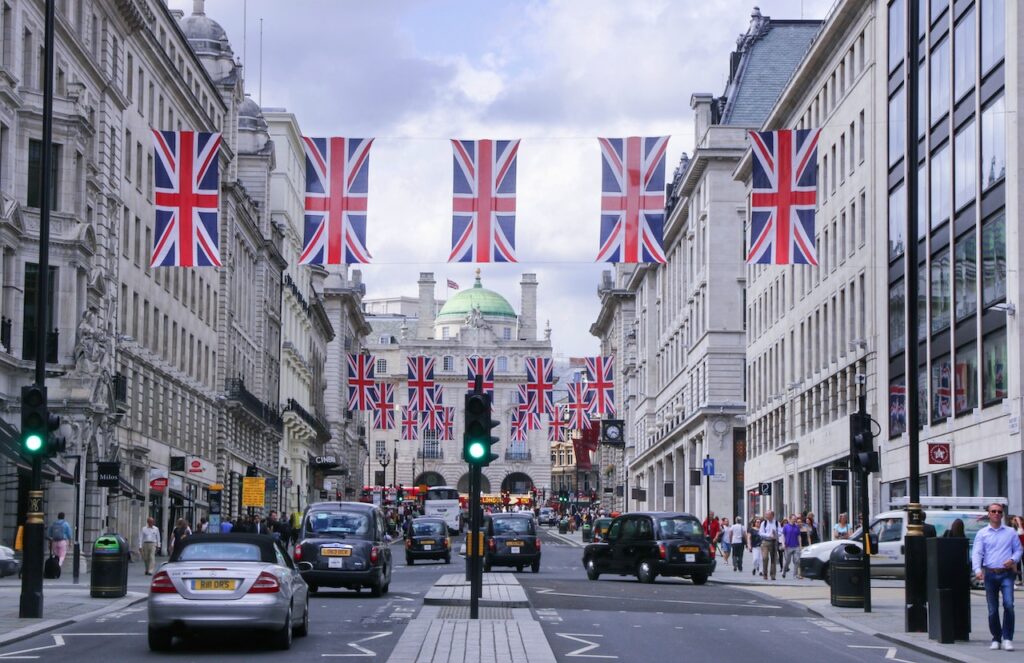The UK immigration system is going through changes. These include:
Increasing the minimum income needed for skilled worker and spouse visas.
Making it harder for healthcare workers and international students to bring their families.
Updating the list of jobs with shortages and adjusting the salary discounts.
Part of its changes is raising the Immigration Healthcare Surcharge (IHS) from £624 to £1,035 each year.
These changes Include:
Skilled Worker Visa:
The minimum salary for a Skilled Worker visa will go up from £26,200 to £38,700 a year. But doctors and nurses will only earn £29,000.
Workers paid based on the UK national pay scale won’t have to meet the median salary requirements. However, these ‘going rates’ will be adjusted using the latest pay data.
Spouse Visa Changes:
Starting April 11, new spouse visa applicants must prove their UK partner earns at least £29,000. More increases to £34,500 and £38,700 are expected, but we’re not sure when. Also, the separate child income requirement will no longer apply.
Impact on International Students:
From January 1, international students will face restrictions on bringing partners and children unless they’re studying for a PhD or similar research-based degree. This is different from before when students could bring their families.
The goal of these changes is to enable the UK’s immigration system to stay fair and meet the country’s demands.
Are new applicants still eligible for salary discounts?
New applicants can apply for a Skilled worker visa and get discounts. They need to earn at least £30,960 per year starting April 4, 2024, which is less than the basic requirement. or, they must earn 70% of the going rate for their job.
Will the £38,700 income requirement apply to visa extensions?
You do not need to meet the salary increment if you already have a Skilled Worker Visa before April 4, 2024. But if you extend your visa or change jobs, you need to earn at least £29,000 or meet the changed rate for your job.
The immigration salary list replaced the Shortage occupation list
The Shortage Occupation List (SOL) is replaced by a new Immigration Salary List (ISL). This is to give the government control over jobs with lower salary requirements. Jobs on the ISL will get a 20% discount compared to the general salary.
Updates Standard Occupational Classification Codes
The Home Office will begin using the 2020 version of the Standard Occupational Classification codes instead of the 2010. Some jobs will not qualify for sponsorship as they fall below the minimum skill. However, current visa holders in those jobs can still apply for extensions.
New Immigration Rules for UK Spouse Visa
Starting April 11, 2024, new UK spouse visa applicants must show their partner earns at least £29,000. More increases are expected later. Also, the separate income requirement for children won’t apply anymore.
Changes to UK Student Visa Rules
International students studying in the UK will have new rules about bringing their partners and children. Only those doing their PhD or a similar research-based degree will be able to bring their families with them.
Future of the Graduate Visa
There are no plans to get rid of the UK Graduate visa, but it is being checked to prevent misuse and protect the quality of higher education.
Updates to Visitor Visas
The UK has made changes to the Visitor visa rules, allowing visitors to do more activities while in the country. They can even do some work if arranged before arrival.
These changes broaden the scope of permissible activities that visitors can undertake while in the UK:
The restriction on visitors working directly with clients in the UK as part of an intra-corporate activity is being lifted. Instead, a new rule requires that any client-facing activity must be incidental to the visitor’s overseas job and must not result in the offshoring of a project or service by their overseas employer.
Visitors can now work on their own while visiting the UK, as long as it’s not their main reason for being there.
Flight crews coming to the UK as part of a CAA-approved wet lease deal between March and October will be allowed to enter as visitors.
Scientists, researchers, and academics doing research in the UK during their visit can come in as visitors. Legal professionals visiting the UK will have more rights, like giving advice, joining arbitrations, being arbitrators or mediators, serving as expert witnesses, attending conferences, and providing certain other legal services.
Visitors can now receive payment for speaking at conferences.
Additionally, the new rules allow all visitors to engage in permitted paid work while in the UK without requiring a special visa. However, this engagement must be arranged before arriving in the UK and completed within 30 days of arrival.
These updates aim to facilitate various activities for visitors while ensuring compliance with immigration regulations in the UK.
Changes to 10-Year Long Residence ILR Rules
New rules for settling in the UK affect those applying through the 10-year-long residence route. Applicants must meet certain criteria related to their immigration history.
They have held their current permission (visa) for at least 1 year before applying, or
They were exempt from immigration control in the year before applying.
The Home Office implemented this change to align the requirements for the 10-year-long residence route to ILR with the broader criteria for permanent settlement in the UK.





